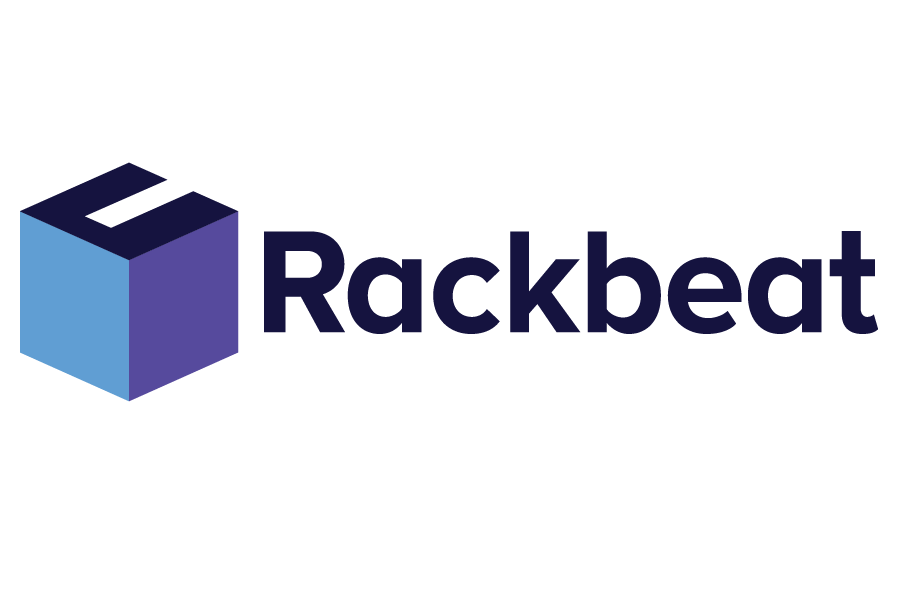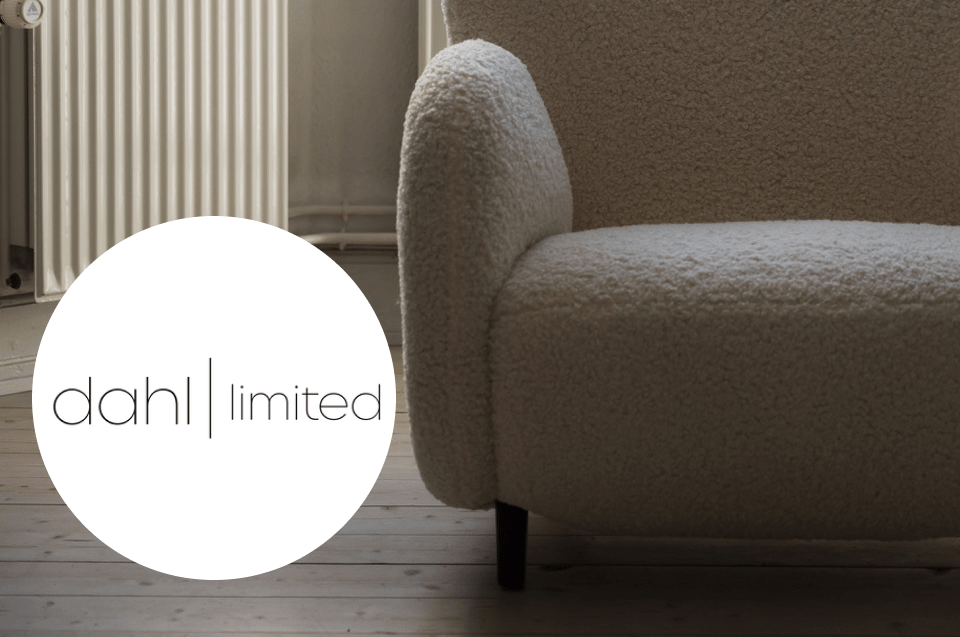Dahl limited Is a business that supplies furniture of the finest quality to some of the largest retailers on the Danish market. Focusing on materials, innovation, and internationally inspired design their vision is simple: Great furniture leads to great business and happy customers.

New Demand: New Challenges
A handful of years ago, Dahl was approached at a conference in Cologne, asking if there was some way they could offer smaller quantities to smaller retailers. At the time Dahl was only working with production orders for large retailers. But at the conference in Cologne they realised that there was a huge demand from smaller retailers. That conference became the first step on a new journey for Dahl, a journey that required new processes and a new warehouse management system that could handle orders, both small and large.
Scalable ambitions and scalable inventory
Dahl’s relatively short warehouse management journey (so far) began by using a warehouse module in their accounting software. However, it quickly became obvious that the module simply wasn’t cutting it, and they lacked the required overview. During their work with the module they were always “going in to double check whether or not a product was in stock.” With ambitions of growth and optimization of workflows it wasn’t long before they were tired of double checking the inventory levels. Dahl needed a solution that could do more, and that’s where they found Rackbeat.
Rackbeat was doing more than what I first anticipated, because it wasn’t just warehouse management we were looking for; it was also order management for the order flow. […] and of course, it was integratable with the things I had in mind.


Warehouse management without the warehouse
Dahl’s new inventory-based furniture brand “Njordec” doesn’t actually have their own warehouse. They use a warehouse hotel that is able to scale with their business. They have developed their own integration between Rackbeat and their warehouse hotel. The integration between Rackbeat and the hotel is something that is tangible in their daily operations, and there is no longer any need to double check data or manually handle sales.
Today we’re at a point where we get orders in from our webshop automatically via the Shopify integration – we just press send or ship, then shipping data is automatically sent to our logistics partner. Then they know what they need to pick, and they know where to deliver those products.
Easy integration and easy interface
With Shopify as their e-commerce platform, e-conomic as accounting software and Rackbeat as WMS, things are running smoothly for Dahl. The three platforms integrate seamlessly with each other, but Dahl points to Rackbeat as being especially user friendly.
I feel pretty good about having to train new employees in using Rackbeat. Had we been working with [an older WMS] then I knew that the learning curve would be pretty steep.
Rackbeat is basically plug’n’play, and it covers all your needs, unless you run an overly complex business, or have overly complex needs, that requires you to manage your inventory in a very strange way.



